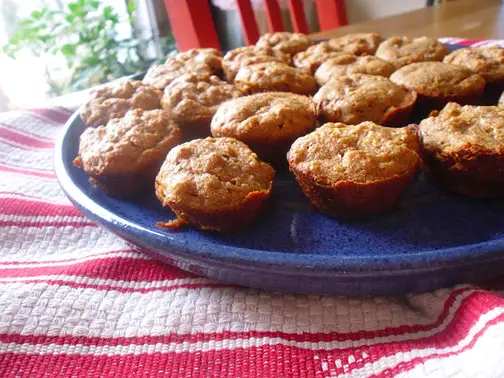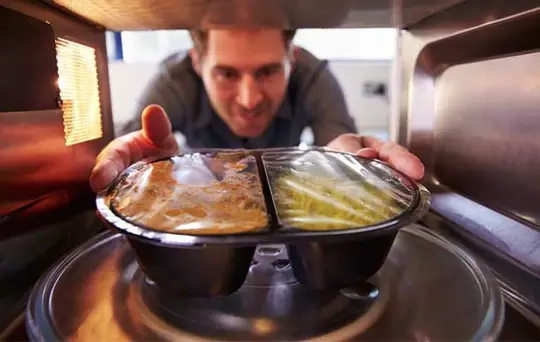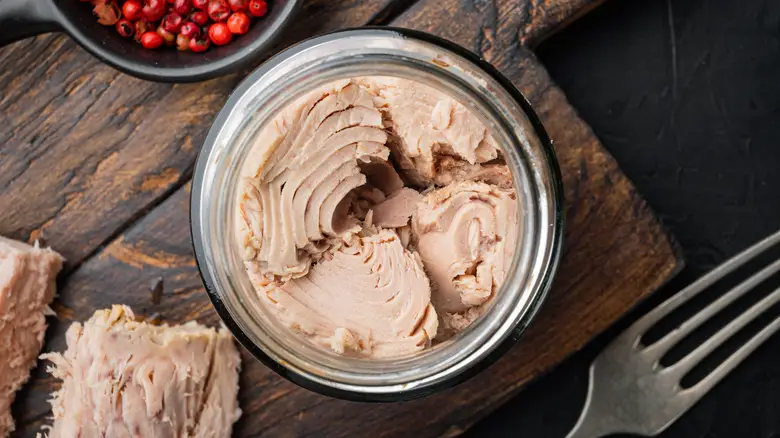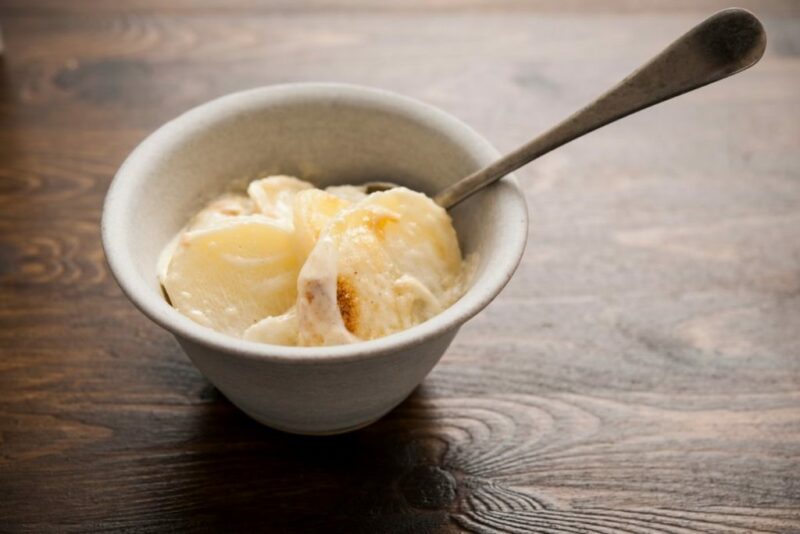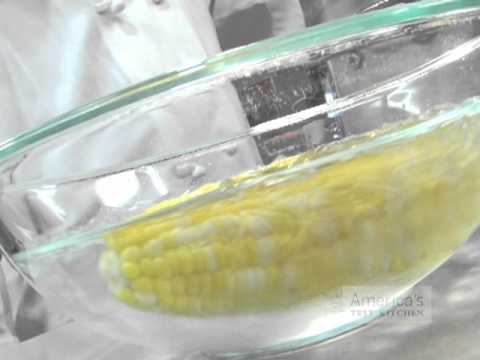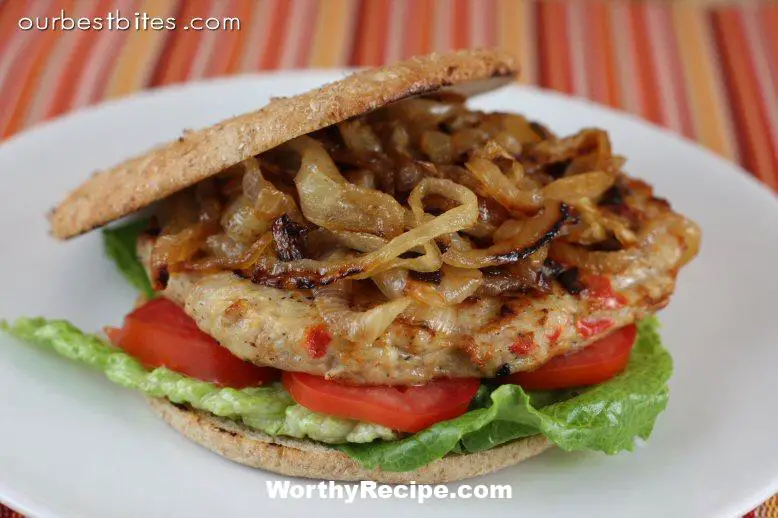The Frequently Asked Question: What Happens If I Forgot Baking Powder in the Muffins?
Are you baking muffins at home and suddenly realize that you forgot to add baking powder to the recipe? Don’t worry! You are not alone in making this common mistake. Everyone makes mistakes, especially when they are beginners. It is normal to forget to include a key ingredient in a recipe. However, it is important to keep calm and understand how to fix the problem instead of scrapping the whole batch of muffins.
In this article, we will explain why baking powder is used in muffin recipes, what happens if it is missing, and most importantly share some substitutions for baking powder. This way, you can still get delicious muffins without rushing out to the store.
The Role of Baking Powder in Muffin Recipe
Before we dive into what happens when baking powder is missing, let’s discuss the importance of baking powder in a muffin recipe. Baking powder is a leavening agent that helps your baked goods rise. Unlike yeast, which takes time to ferment and rise, baking powder produces carbon dioxide gas when exposed to moisture and heat. This gas expands in the dough or batter creating holes which lighten the texture of baked goods like muffins.
It is essential to follow every instruction strictly when making muffins because small variations can dramatically change the final product’s quality. Even minor adjustments can lead to drastic effects on texture, flavor, rise, etc.
It is vital to know that not all recipes require baking powder as an ingredient; sometimes yeast can be used instead which requires more time as it ferments before rising.
To identify if your recipe requires baking powder as an ingredient, make sure it is mentioned before beginning. As a general rule of thumb, remember that quick bread-like muffins and cakes frequently call for baking powder because they require a fast-rise and expansion.
What Happens When Baking Powder Is Missing?
Baking powder plays a vital role in baking muffins, so what happens if you forget to include it in your recipe? If baking powder is missing, your muffins’ texture and flavor can be adversely affected.
Muffins with no leavening agent tend to be more dense and have less volume than those with baking powder. They will lack the airiness and lightness due to the CO2 that is made by creating bubbles with baking powder.
Additionally, texture changes like being sticky, dense, or gummy occur because there isn’t enough space between the ingredients to allow for even heating during the baking process. Therefore without that extra rise from those bubbles, your muffins won’t form that classic domed top shape either. Finally, the muffins’ flavor could be compromised at times since the characteristics of acidic buttermilk or yogurt are absent which will cause them to taste flat.
It is worth remembering that this outcome varies among recipes depending on their specific ingredient compositions; we strongly recommend proceeding if unsure about whether to use an alternative substitute or not in your recipe!
Possible Solutions for Baking Powder-less Muffins
Do not panic if you realize halfway through the recipe that you forgot to add baking powder! Below are several substitutes that can save your day!
Improvising with Baking Soda
Substituting baking soda for baking powder could work well in some muffin recipes. Use a mixture of baking soda and an acidic liquid like buttermilk or yogurt instead. The ratio usually used is 1/4 teaspoon of baking soda per cup of flour plus 2 teaspoons of any acidic liquid.
Baking soda is not as effective as baking powder because it needs an acid to react with; acidic liquids like buttermilk and yogurt serve as these acids by bringing the pH level down. Due to its strong alkaline nature, baking soda requires precisely the correct quantity of acid to yield the ideal reaction.
Stepping up with Cream of Tartar
Cream of tartar is an excellent alternative if you do not have baking powder at home. It is a natural acidic substance that is present in wine-making residue. For use in baking, mix 1/2 tsp of cream of tartar with 1/4 tsp baking soda per cup flour required within the recipe.
This substitution is slightly bitter, so it is important to use a smaller amount than used for baking powder, also due to this very reason. If cream of tartar is not available, combine lemon juice or vinegar for acid.
Other Substitutes for Baking Powder
Here are some additional substitutes that you can try:
- Sour Cream: Half a cup of sour cream can replace one tablespoon of baking powder
- Self Rising Flour: One cup of self-rising flour usually contains 1 1/2 teaspoons of baking powder and 1/4 teaspoon salt. Because it also contains salt, adjust the measurements when needed.
- Premade Replacements: You may buy premade substitutes for baking powder which happens to be cornstarch containing sodium bicarbonate.
Tips for Avoiding Forgetting Key Ingredients Like Baking Powder
Preparation tips and being aware of common mistakes includes creating a checklist, checking your ingredients list and equipment before starting.
Reading the recipe thoroughly beforehand helps greatly. Plus it’s paramount to make sure measuring cups and spoons are correct as many recipes vary in measurements needed by weight and volume.
It’s essential to keep the required ingredients in stock, organize your kitchen, and maintain a stock of frequently used baking supplies!
Conclusion
Baking powder plays a significant role in creating perfect muffins. However, if you realize mid-recipe that you missed this key ingredient, don’t panic! There are many alternative substitutes available that can help save your day like trying baking soda, cream of tartar, sour cream replacements. We hope this article has been helpful and provided you with some guidance to fix those misfortunes when you lose an essential ingredient.
Remember that every recipe is unique and may have different outcomes when trying an alternative substitution; therefore, it’s best to get creative with new recipes and experiment while also ensuring proper measures of each ingredient!
What is baking powder and why is it important in muffin recipes?
Baking powder is a chemical leavening agent that helps your muffins rise and become fluffy. It contains a combination of baking soda, cream of tartar, and cornstarch. Its main purpose in muffin recipes is to create air pockets, which make the muffins light and tender.
What will happen if I forget to add baking powder to my muffin batter?
If you forget to add baking powder to your muffin batter, your muffins will not rise as much. This means that they will be dense and flat instead of fluffy and tender. Additionally, they may have a tough texture and taste slightly eggy or bland.
Can I substitute baking soda for baking powder?
No, you cannot substitute baking soda for baking powder in muffin recipes. While both ingredients are leaveners, they work differently in recipes. Baking soda needs an acid (like lemon juice or buttermilk) to activate and create carbon dioxide bubbles. Baking powder already contains an acid (cream of tartar) so it can be used on its own.
What can I do if I don’t have baking powder on hand?
If you don’t have baking powder on hand, you can make your own by combining 1/4 tsp of baking soda with 1/2 tsp cream of tartar and using that in place of 1 tsp of commercial baking powder. However, keep in mind that homemade baking powder may not be quite as effective as store-bought and may affect the taste or texture of your muffins slightly.
